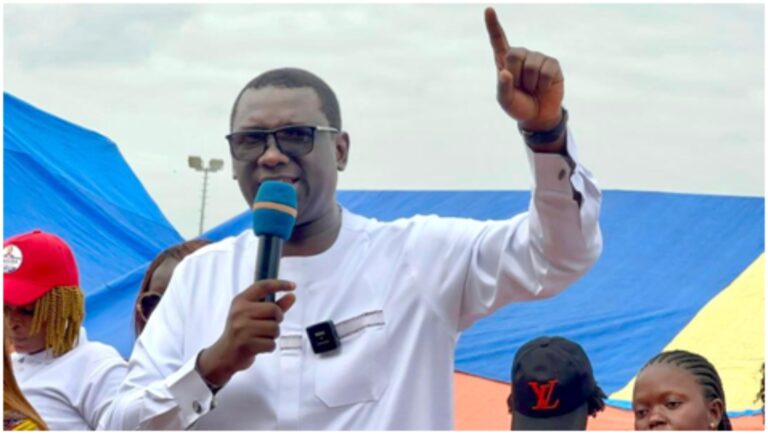By John Baimba Sesay
One can choose to keep old friends while still being intentional about making new ones. This reflects China’s approach to its relationship with the African continent; maintaining traditional partnerships while forging new, strategic alliances. The emergence of this Asian giant as the world’s second-largest economy was no small feat. It came through deliberate planning, bold reforms, and painful but ultimately worthwhile sacrifices.
China’s Go Global policy marked the beginning of a transformative journey. Like it did with other continents, its engagement with Africa, particularly through the Forum on China-Africa Cooperation (FOCAC), became a defining shift in the nature of cooperation between the continent and China.
However, beyond the economic ties and expanding infrastructure footprints, a critical question remains one raised by Julius Idowu Enehikhuere in his essay “China in the Eyes of an African Journalist”: How prepared is Africa? This question is even more pressing when viewed against the backdrop of growing trade imbalances and persistent infrastructure deficits.
Perhaps, as we reflect on Africa’s engagement not just with China but also with other leading global economies, it’s time to reframe the conversation. Africa must begin to prioritise fair and strategic trade discussions over the current over-reliance on aid, handouts, and subsidies that often yield little lasting benefit.
As a case study, China’s Belt and Road Initiative (BRI) formerly known as the Silk Road Economic Belt has successfully rallied Asian countries to strengthen economic cooperation, invest in infrastructure, and enhance regional connectivity. It stands as a bold example of what coordinated vision and political will can achieve.
The question is: Can Africa push for a similar, homegrown initiative? One that is practical, strategic, and grounded in shared development goals? Such a venture is indeed possible where the will exists, the way can be found. It is time we move beyond merely dancing around handouts that come with strings. Instead, we must build systems and strategies that empower the continent on its own terms.







Cities’ message to world leaders: Unlock direct climate finance for Africa’s urban future